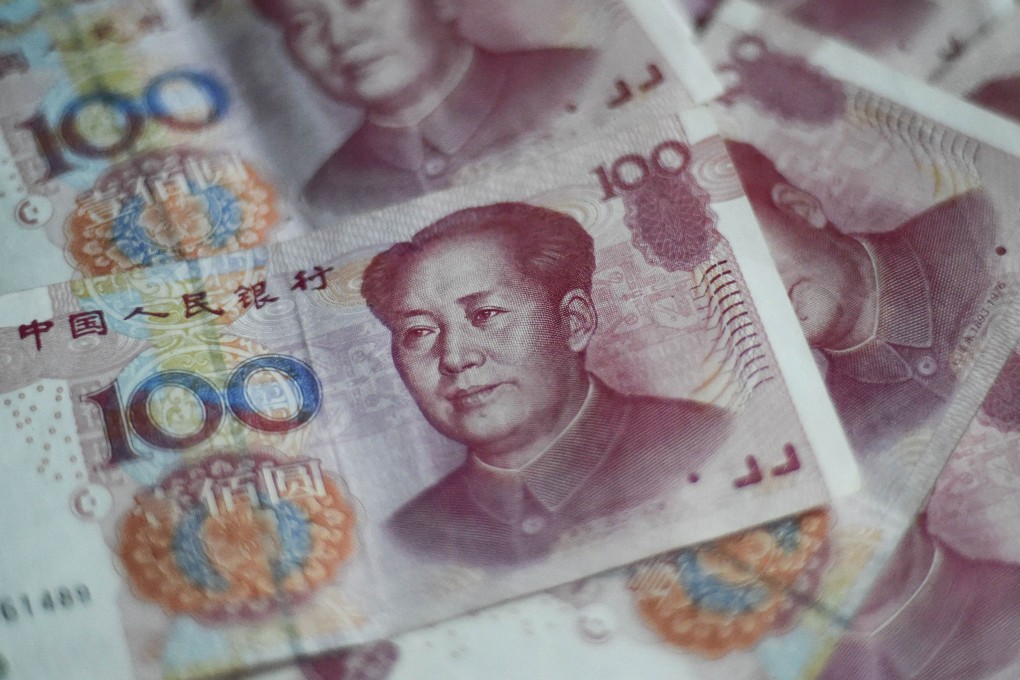
China's broadest measure of new credit increased in August, suggesting demand for loans is holding up after renewed rounds of monetary easing that followed the stock-market debacle of the past three months.
But banks extended less than expected in new loans last month, as the impact of the government's massive stock market rescue in July faded.
The central bank also said it would tweak the way it assessed banks' reserve ratios, using average levels over a period instead of daily calculations.
The new methodology, to take effect on September 15, could help release liquidity and maintain stability in money markets, the People's Bank of China said.
Aggregate financing rose to 1.08 trillion yuan (HK$1.31 trillion) in August, from 718.8 billion yuan in July, according to a report from the central bank.
"Credit growth is staying on track despite the stock market volatility," said Larry Hu, head of China economics at Macquarie Securities in Hong Kong. "We're going to see a pickup in the fourth quarter" for economic growth.